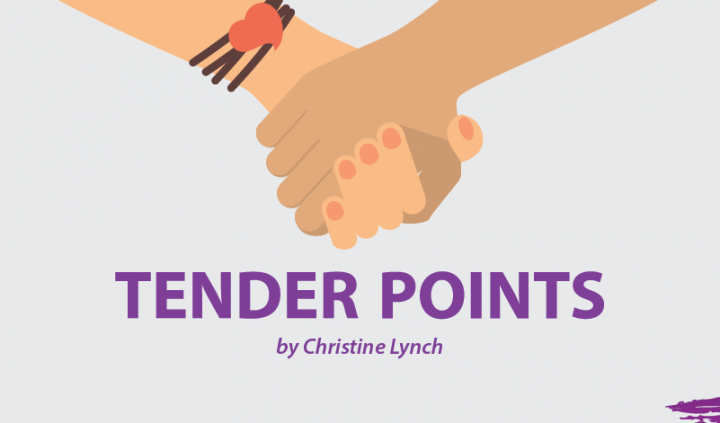Many years ago, I suffered through a very painful withdrawal episode that was totally preventable. The doctor who prescribed, and later discontinued, the medication in question was well-trained — but not a good listener.
At our first appointment, we agreed that I would take a mood-altering medication for a short period to help me cope with a traumatic event that had just occurred in my life. The plan was to take a full-strength dosage for a month, cut it to half strength for a couple of weeks, and finally discontinue its use. When the time came to reduce the dose by half, I found that I’d had little improvement.
With the doctor’s consent, I maintained the original dose. But when I ran out of medication, I called the office to ask for a refill, and the doctor refused. At that point, I thought that I had misunderstood the original plan, which was not unlikely given my upset state of mind.
However, even the instructions on the bottle said not to discontinue the medication abruptly, so I was concerned. By the next evening, I knew I was in trouble. I hadn’t eaten or slept, was nervous and edgy, couldn’t concentrate, and could barely sit still. The following morning, I called the office again. At that point, I’d gone 48 hours without sleep, so I continued calling until the doctor agreed to speak to me.
The conversation consisted of a lecture about how I’d agreed to a reduction and a discontinuation. Rather than listen to what I had to say, the doctor told me I’d have to be tough and bear it, and that when I got tired enough I would sleep. Each time I attempted to interrupt, I was lectured about the dangers of becoming addicted to the medication. At some point, the doctor hung up the phone.
Three days later, still not eating or sleeping, I was experiencing tremors from head to toe and was unable to function. The psychological pain was so intense that I was prepared to check myself into a facility of some kind for help. Fortunately, when I called to inquire about doing this, one of the doctor’s colleagues agreed to see me immediately.
Luckily, the second doctor was kind and compassionate, and also a good listener. After I explained the situation, I immediately was prescribed a substitute medication that allowed me to relax, eat, and sleep.
I never went back to the first doctor, and I never will. Over the years, the anger I felt has gradually turned to gratitude. That doctor taught me a valuable lesson. I had previously selected physicians by checking their credentials. My original doctor was educated and smart.
But I learned that smart isn’t everything. The ability to listen is what’s most important. In reviewing our previous conversations, I realized that this doctor had dominated every exchange with advice for me. I’m not saying it wasn’t good advice. What I’m saying is that my input was never welcome in any communication we had.
In any case, I now have a new method for selecting healthcare professionals. First, I judge how good they are at listening. Only then do I check their credentials.
***
Note: Fibromyalgia News Today is strictly a news and information website about the disease. It does not provide medical advice, diagnosis, or treatment. This content is not intended to be a substitute for professional medical advice, diagnosis, or treatment. Always seek the advice of your physician or other qualified health provider with any questions you may have regarding a medical condition. Never disregard professional medical advice or delay in seeking it because of something you have read on this website. The opinions expressed in this column are not those of Fibromyalgia News Today, or its parent company, BioNews Services, and are intended to spark discussion about issues pertaining to fibromyalgia.

